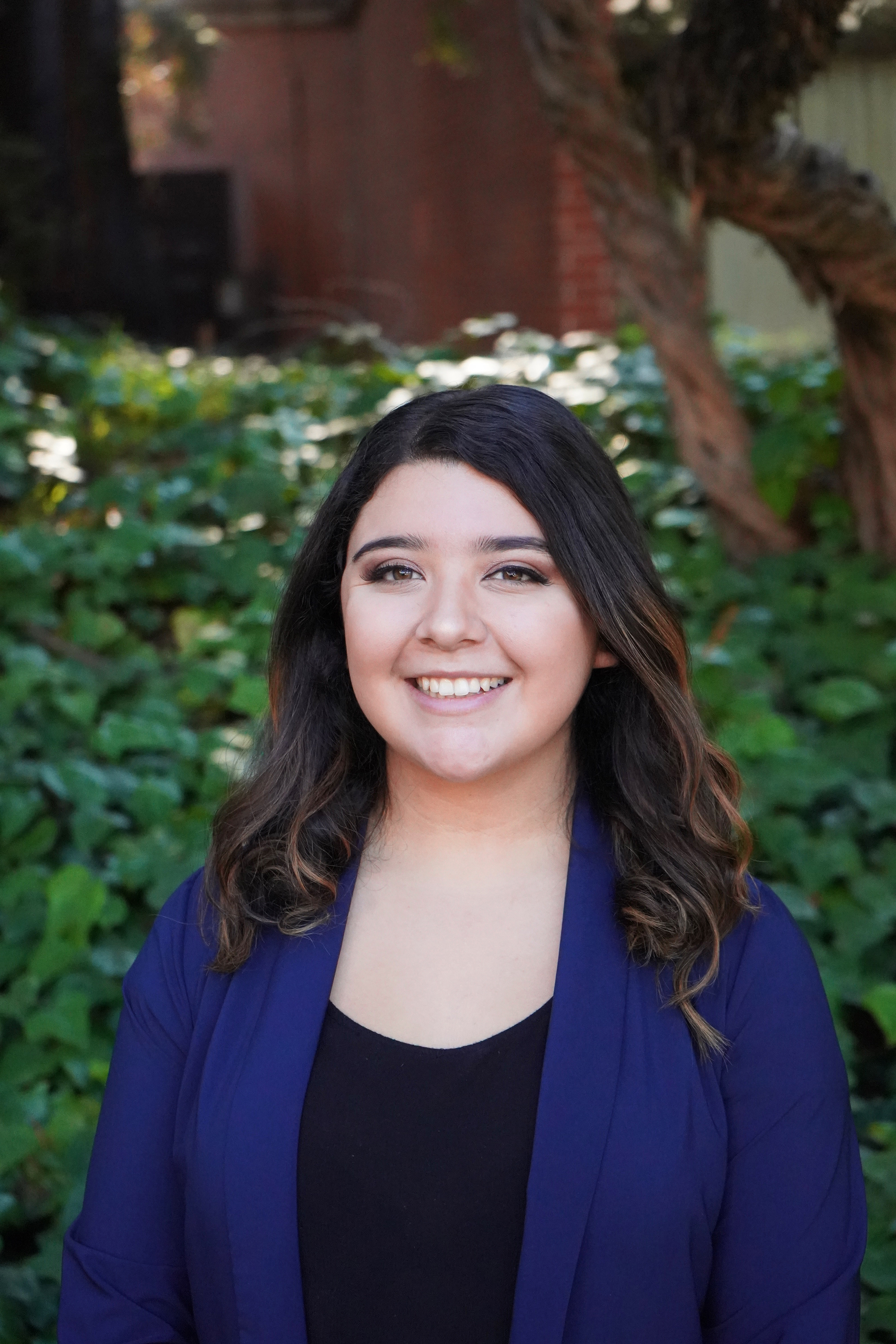As an undergraduate, I was drawn to public health due to the breadth of topics that play a pivotal role in community health. When selected to be a John Gardner Fellow, I knew I wanted to pursue health policy and continue advocating for traditionally marginalized communities. I am currently serving my placement at the California Health and Human Services Agency (CalHHS). My short time at CalHHS has reinforced the idea that in order to support community health, we must support a myriad of policy issue areas including affordable housing, criminal justice reform, immigrant rights, women’s reproductive health, and so many more. Among one of the initiatives that directly impacts health, equal pay.
On this year’s National Equal Pay Day, I was fortunate enough to attend a reception hosted by California’s First Partner, Jennifer Siebel Newsom. This reception celebrated the cities of Oakland, San Francisco, Los Angeles, San Diego, Long Beach, and Fresno for becoming the first cities to sign California’s Equal Pay Pledge. Supporting equal pay for women, particular women of color, is not only essential to ensuring economic equity, but also essential in advancing the mental and physical health of women across California. For every dollar a man earns in California, women earn an average of 88 cents. However, Black women earn 64 cents, Latina women earn 54 cents, and Native American women earn 51 cents for every dollar a man earns. Despite the nationwide attention equal pay has received over the decades and the countless initiatives to close the wage gap started in California, there is still significant progress to be made.
The John Gardner fellowship has afforded me with invaluable professional experiences in the months following graduation. I am exceedingly thankful to the Institute of Governmental Studies for providing me with the tools necessary to pursue a career in public service and I am deeply excited to continue advocating for all underserved communities across the state of California.

